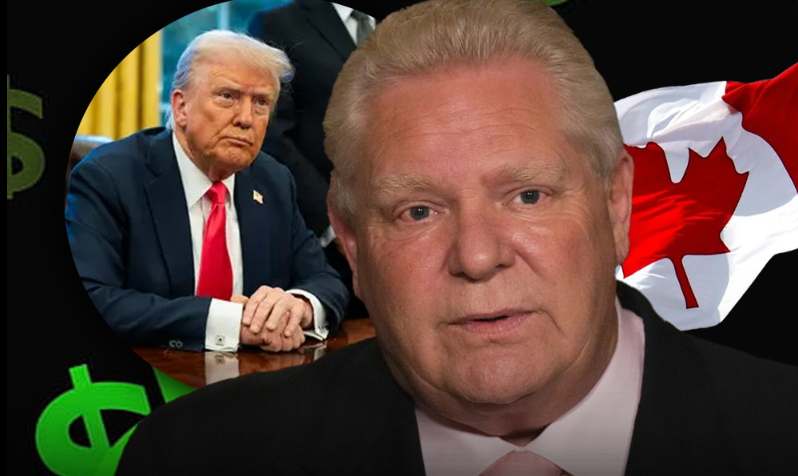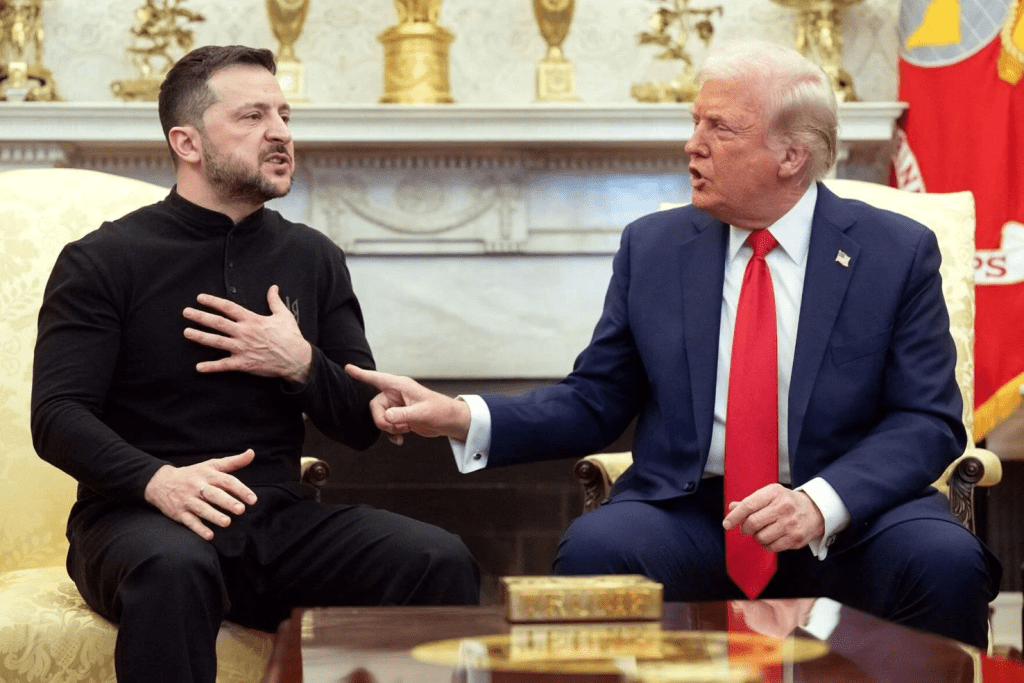
In a dramatic twist, Ontario Premier Doug Ford has vowed to cut power to 1.5 million homes and businesses in the U.S. The threat comes in response to President Trump’s new tariffs on Canadian goods. Ford’s words carry weight. He insists that retaliating is the only way to defend Ontario. But is this the best way to handle trade tensions?
Many Canadians feel strongly about this issue. They see the tariffs as an unjust attack on their economy. The emotions run deep. Some think Ford is playing a risky game. Will this actually hurt the U.S. more than Canada? Or will both sides lose?
Let’s consider the impact. Shutting down electricity exports could lead to rolling blackouts in key areas. What happens when the lights go out? Businesses suffer, lives are disrupted, and anger grows. Electricity isn’t just a commodity; it fuels homes and livelihoods.
The trade relationship between Canada and the U.S. is complex. These two nations have relied on each other for decades. Yet, the reality today is cold. We are witnessing a shift driven by politics. Each side must maintain its position without further escalation.
Standing firm, Canadian leadership is showing resolve. It mirrors a sentiment that many across the nation share. Allies should support each other, not engage in economic warfare. It’s not just about numbers; it’s about people.
What will happen next? Canadians are left uncertain. Will this be another chapter in a long saga of trade disputes? Or will cooler heads prevail? The future is hard to predict, but one thing seems clear: both sides must communicate before things spiral out of control.




